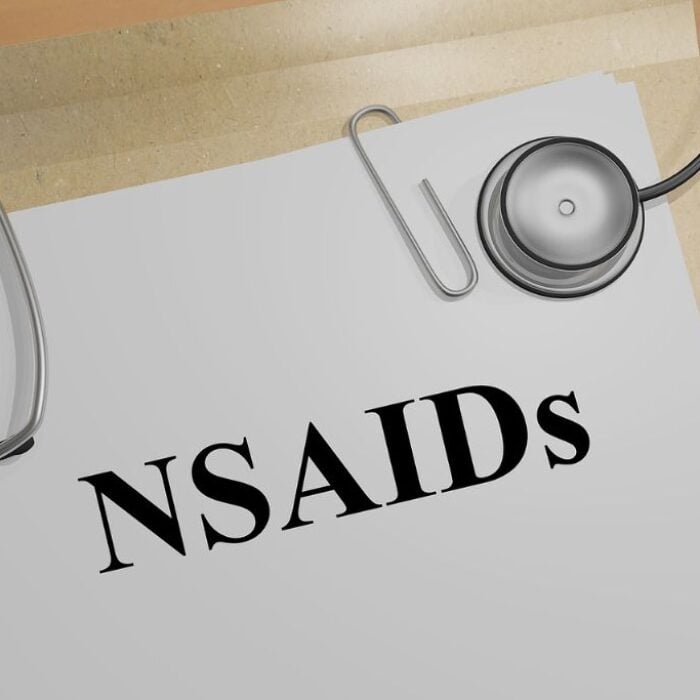Caring for a loved one who is suffering with morphine addiction can be intense and extremely frustrating. You don’t want to watch someone you care about descend into the darkness that characterizes addiction.
Loved ones may be in grave trouble. Maybe you realized it and tried to help. Or perhaps you are in denial. Either way, there is still time to help and get help. If you suspect a friend or relative is abusing Morphine or other narcotic painkillers, signs may include:
- Desperate attempts to obtain the drug
- Abuse of other substances
- Loss of jobs and friends
- Lack of motivation and passion for life
- Inattention to personal hygiene
- Theft or other crimes, including doctor shopping or prescription fraud
- Overdose
- Evidence of opiate withdrawal
If a person is suffering from morphine addiction, in addition to all the physical symptoms above you may also find containers, pills or syringes. Morphine also comes in a liquid form so you may find small bottles of the drug. There are dozens of pills that contain morphine. Some brand names are, Avinza®, Kadian®, MS Contin®, Oramorph® SR and a number of other generic forms it might come in.
Understanding Morphine Addiction Is Key To Moving Forward
Most people who are hooked on morphine or other opiates will try to stop on their own at some point. Sadly, many fail. This is because Morphine withdrawal can be brutal. Watching a loved one repeatedly relapse can be harrowing. In addition to helping them find the appropriate opiate treatment plan, you may consider getting help yourself.
Understanding the nature of addiction is important. You may be full of blame and resentment, but it’s important to understand that no one sets out to live the life of an addict. Most people who get hooked on prescription painkillers do so after taking them for legitimate, therapeutic reasons. Prolonged use can lead to tolerance, which means the body needs higher dosages for pain relief.
Physical dependence will develop with prolonged use, but the real problem is when physical and psychological dependence is present (addiction). An addicted person will need Morphine detox to get off opiates once and for all. You and your loved one can move ahead.
Treatment For Patients And Loved Ones Is Best Left To Professionals
Your loved one can safely and quickly recover with professional rapid detox performed by Waismann Method Treatment. The in-hospital procedure is followed up with aftercare at the Domus Retreat. This inclusive approach to treatment addresses physical and psychological dependence, giving patients what they need to get back on track. Waismann Method has provided thorough, humane and confidential treatment for thousands of people from around the world.
Family members need support whether a loved one is in opiate treatment or not. It can help you to prepare for what’s ahead and to identify the feelings you have developed about this person. There are plenty of experienced and professional counselors and therapists who can help you sort through your issues relating to Morphine addiction.















